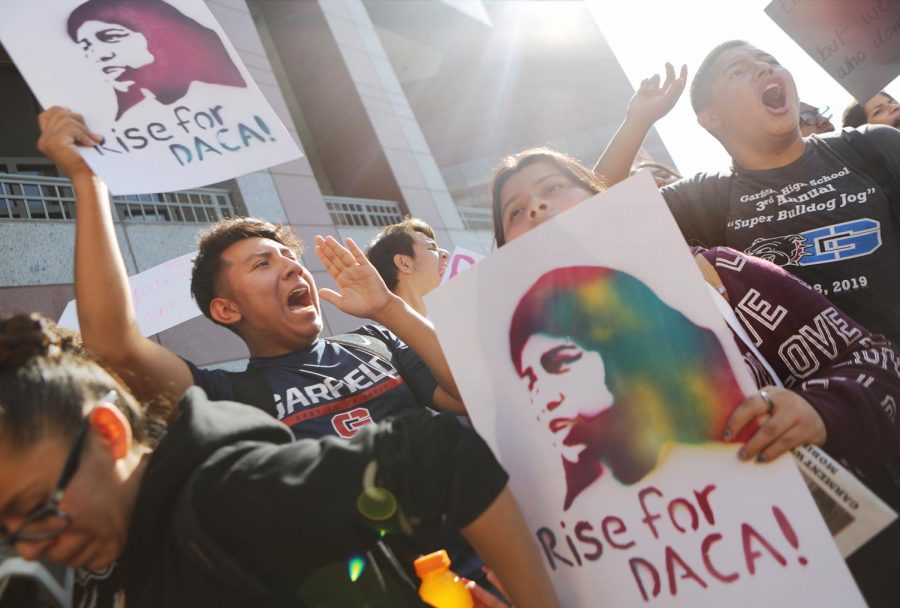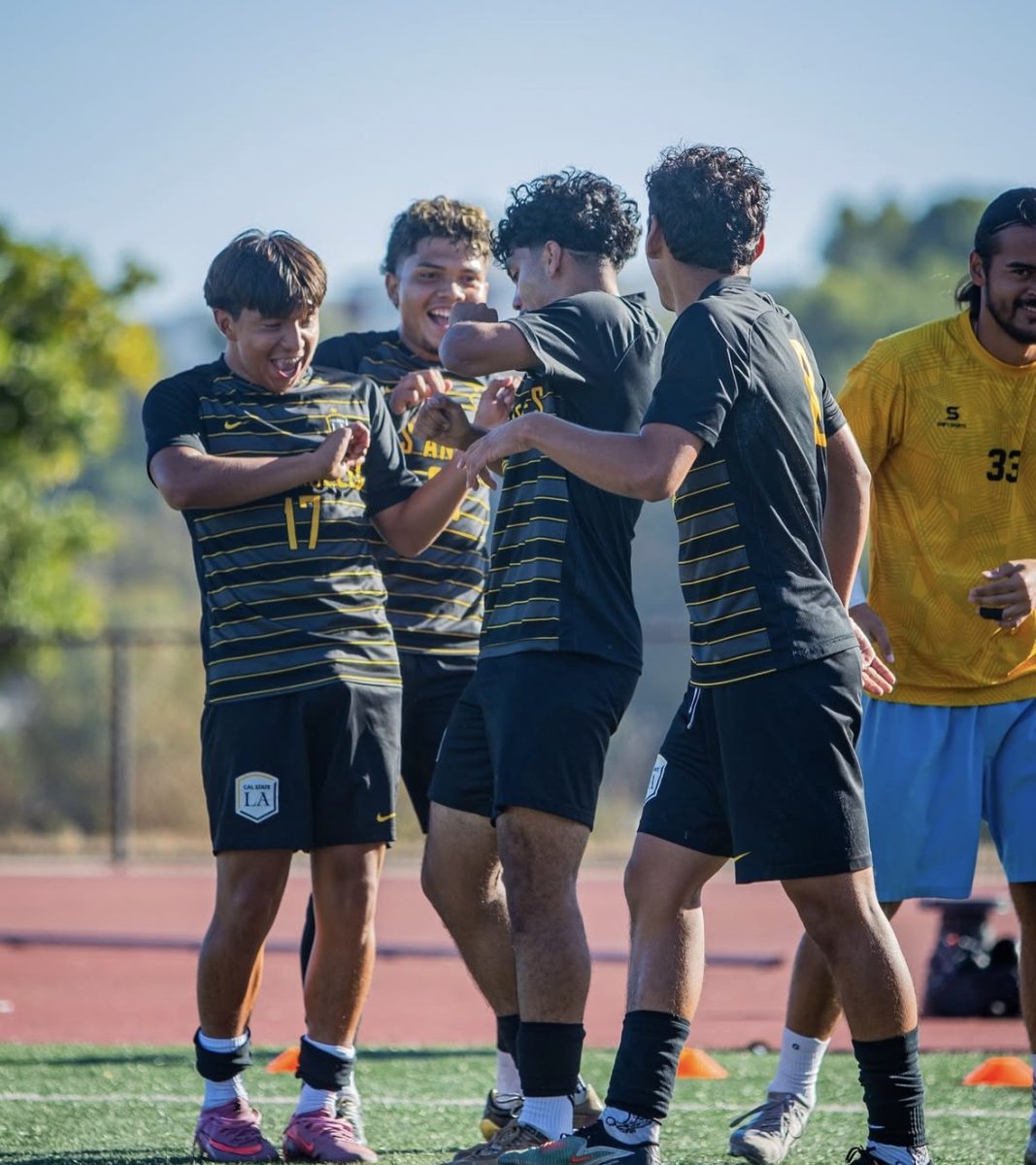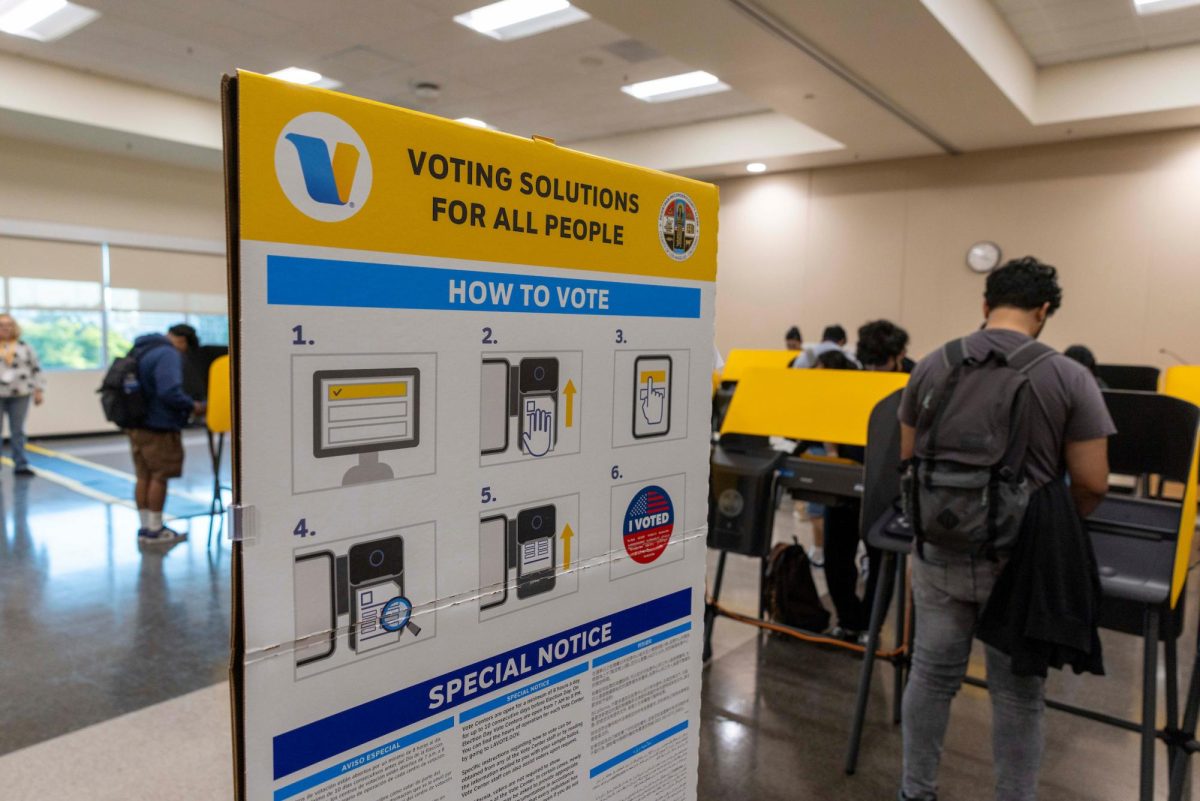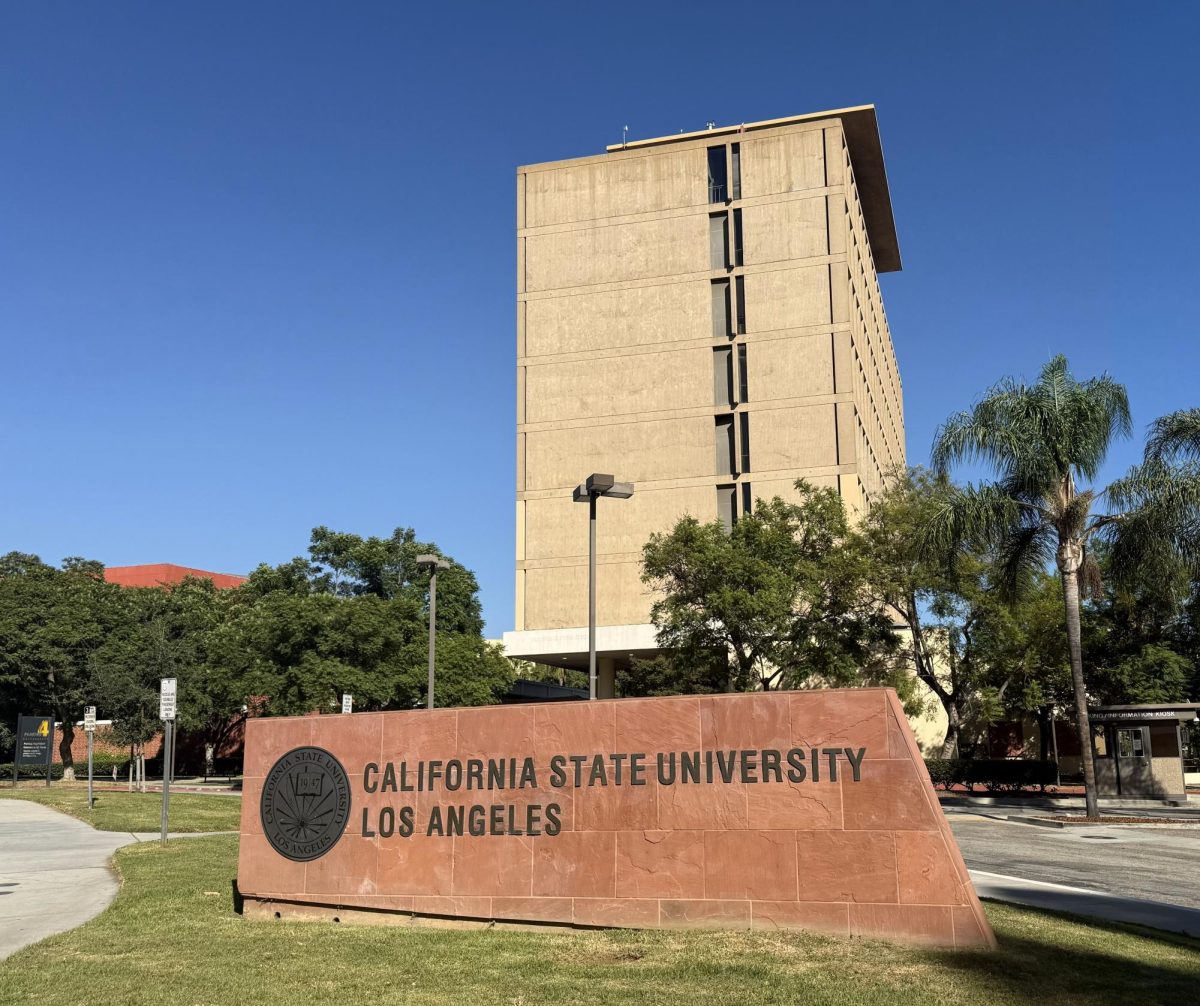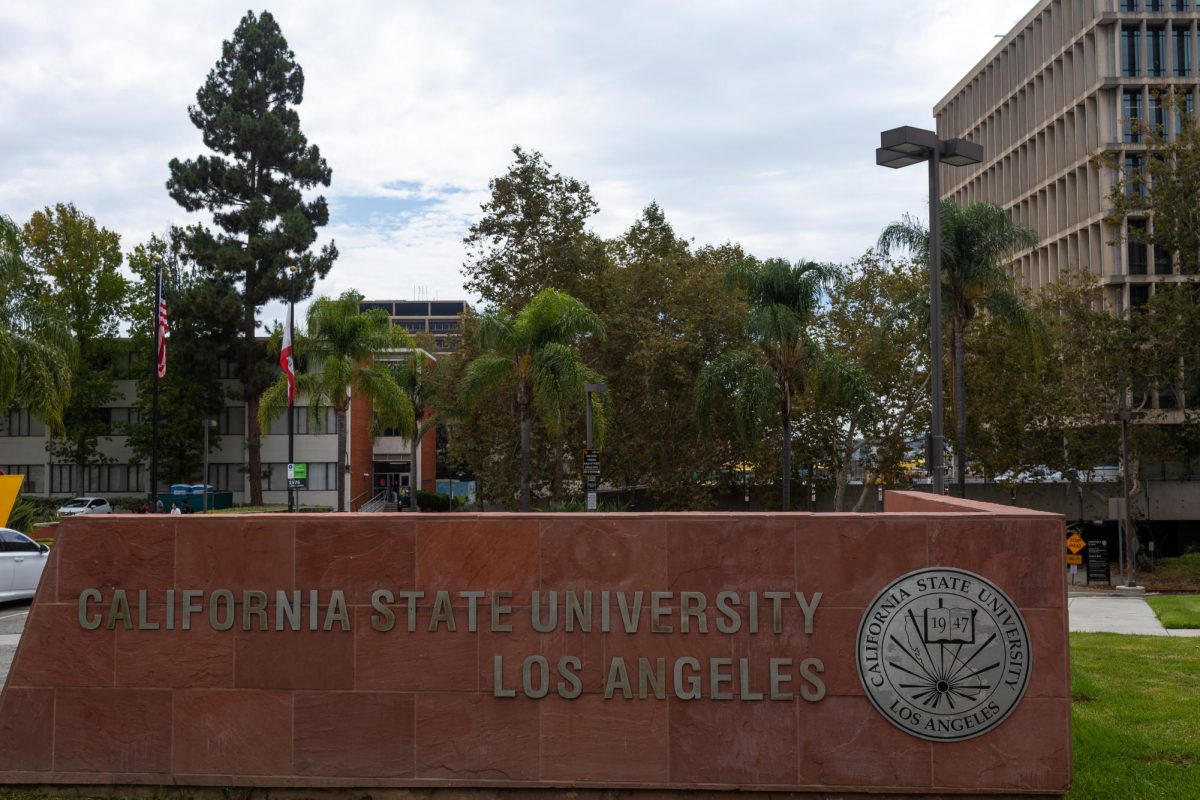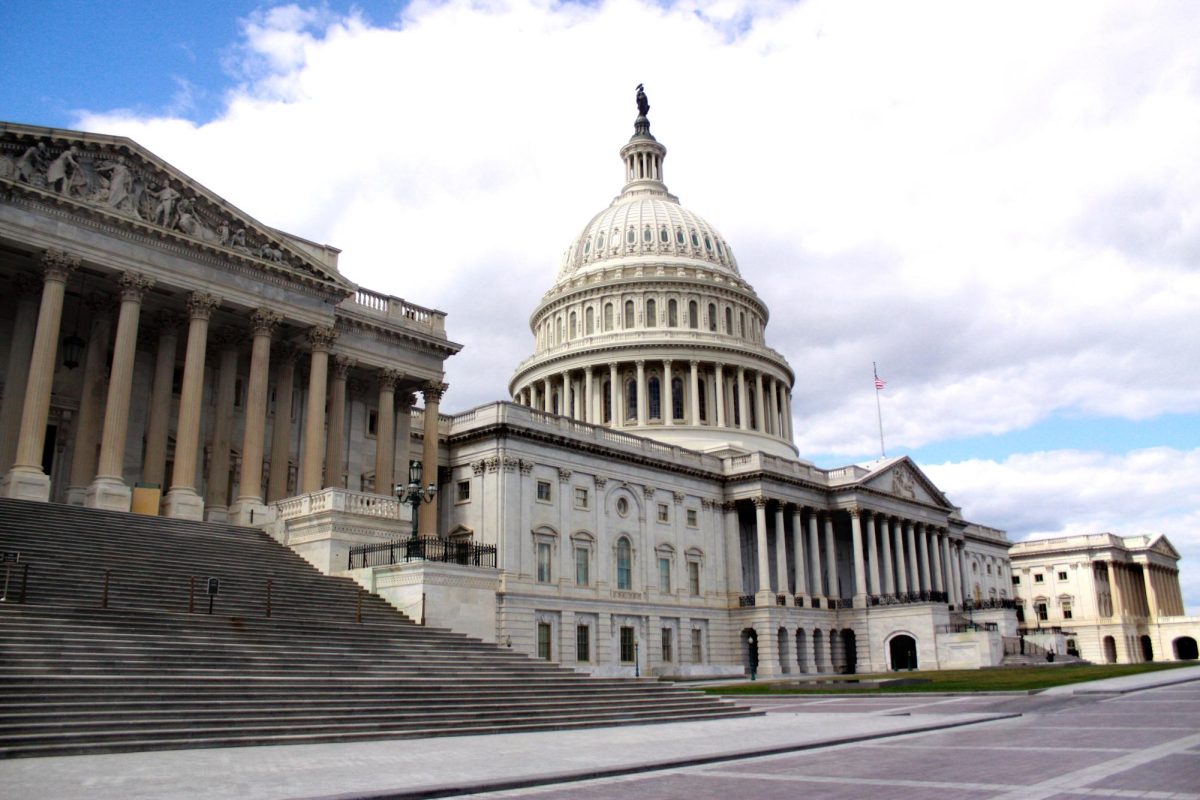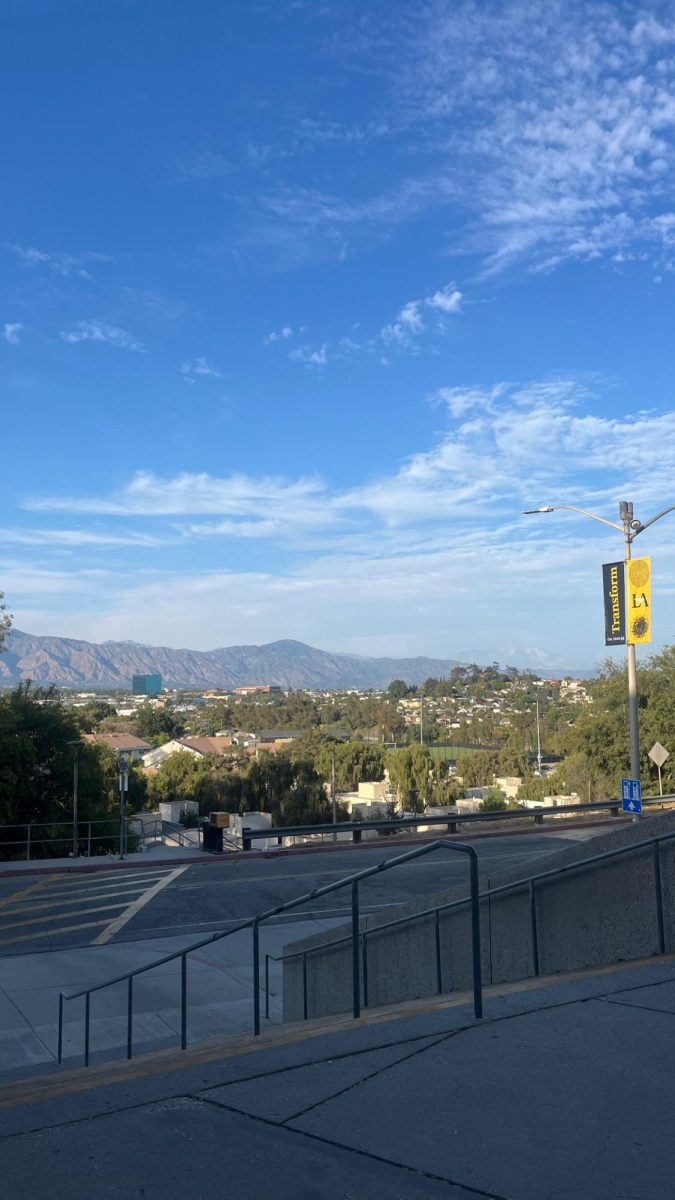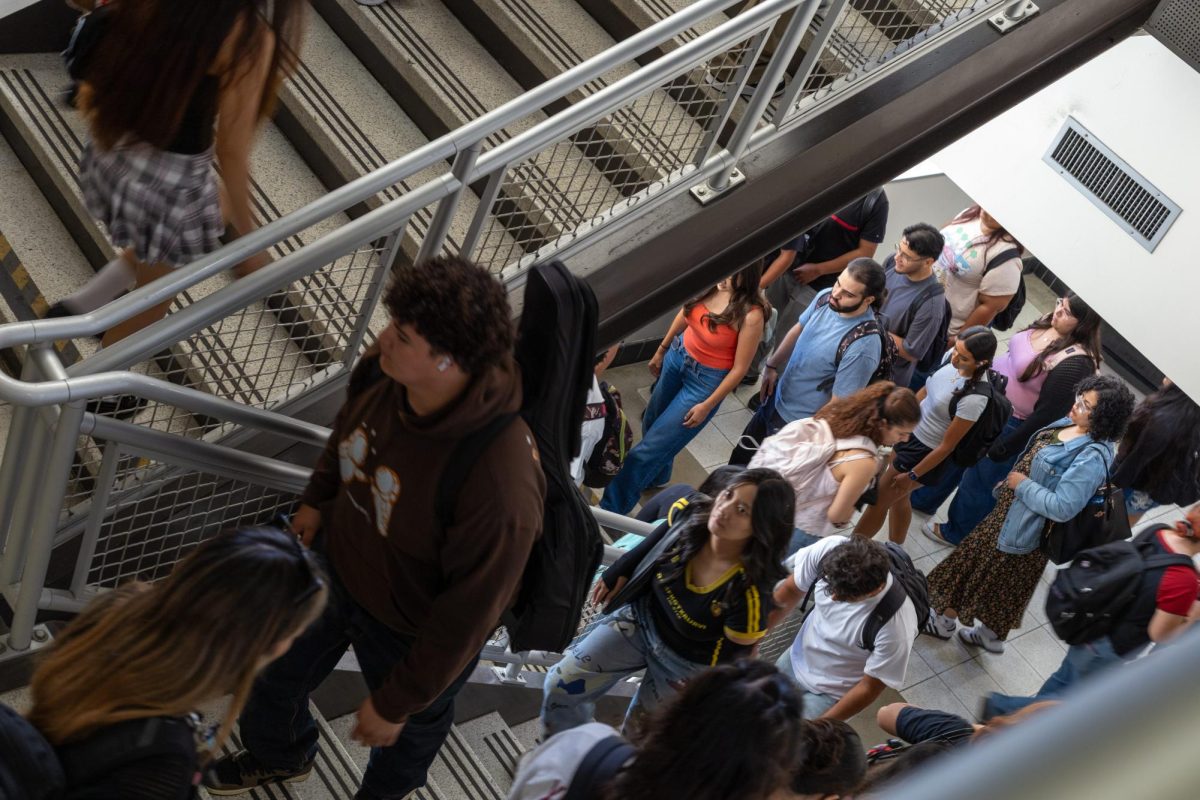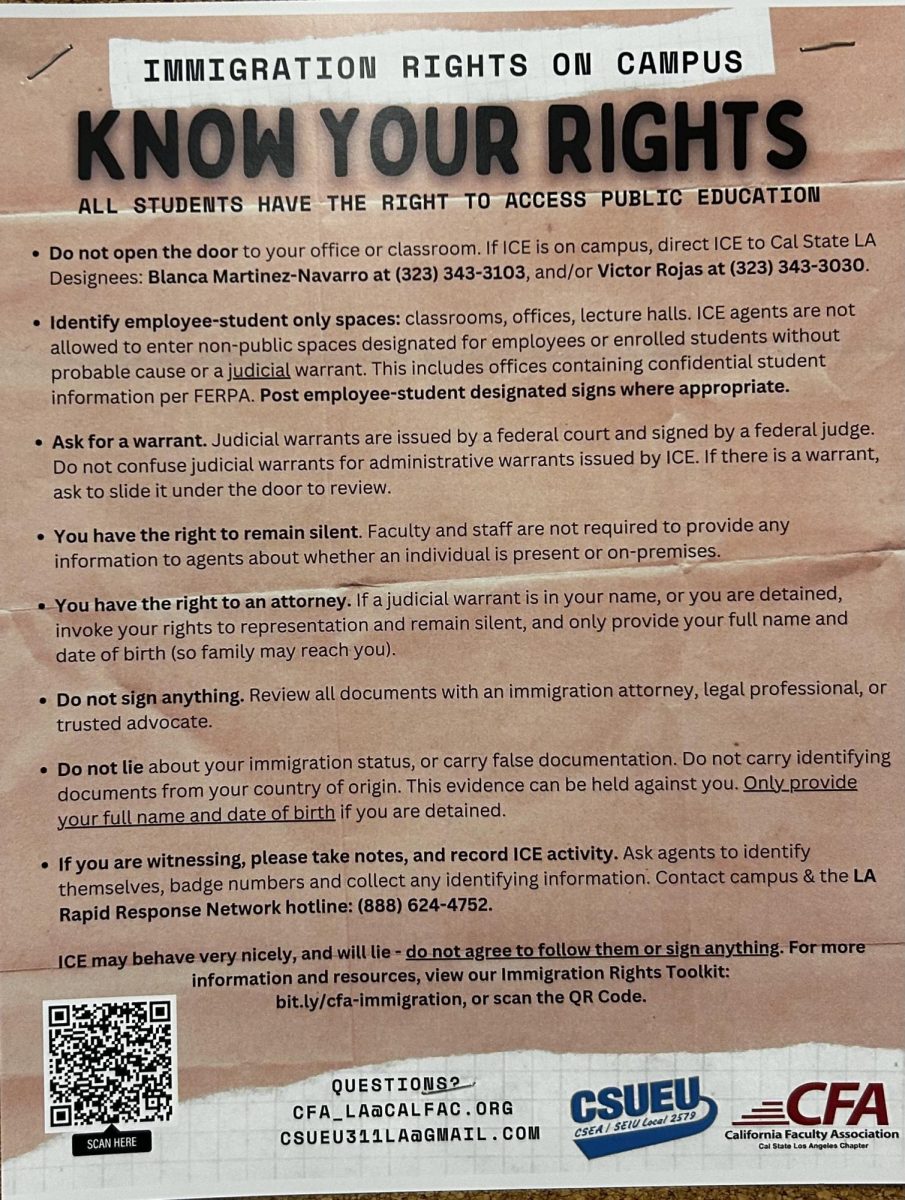Last Tuesday, the Supreme Court hinted it’s inclined to support Trump’s request to shut down DACA, as reported by the Washington Post.
The program was introduced by former President Barack Obama in 2012 and provides opportunities to work and receive higher education for undocumented immigrants who were brought to the United States by their parents before the age of 16.
Roughly 700,000 young people would be affected by the court’s decision, potentially facing expulsion from the U.S. and being forced to return to their country of birth.
Esmeralda Tovar-Mora, who came to the U.S. from Mexico City as an infant, shared her story at the Supreme Court hearing, which was streamed by the Post.
She would be leaving behind her 3-year-old daughter and husband, a U.S. veteran, who are both American citizens, as well as a job and her studies of Nursing and Ethics, to return to a country she has not been to since she was two years old.
“The United States is really the only country I have ever known,” Tovar-Mora said.
Data published by the Migration Policy Institute shows as of September 2017, about 20 percent of all DACA recipients were enrolled in secondary education and 18 percent were enrolled in higher education.
Losing DACA status would mean that current recipients would no longer be allowed to work, which leaves many DACA students unable to finance their education.
Some universities have set up private scholarship programs, which will pay for DACA recipients’ tuition fees. Many, however, depend on the Supreme Court’s decision, as it will determine their future.The Supreme Court decision would have massive ramifications not just for some Cal State LA students, but the entire CSU system. There’s about 9,500 undocumented students enrolled in the 23 CSU campuses, according to an August CSU press release.

